Human trafficking is a crime that affects nearly 40.3 million individuals globally. Perpetrators of these serious and horrific crimes are known as traffickers, who uses “force, fraud, or coercion to lure their victims and force [a victim] into labor or commercial sexual exploitation.”
There are many similarities between the experiences of trafficking and domestic violence. In 2011, the National Human Trafficking Hotline reported that 10% of the calls it received were from individuals experiencing trafficking from family members or intimate partners. In many situations, survivors of trafficking know their trafficker. Domestic violence is all about power and control, where one person uses various forms of violence to gain and maintain power over another individual. When that violence involves an individual being coerced or manipulated into doing something for another’s gain, it is both trafficking and intimate partner violence.
Perpetrators of domestic violence and traffickers use similar tactics to control victims. An abusive partner may compel someone to engage in commercial sex, forced labor, or involuntary servitude. They may promise to address the survivor’s needs for love, financial security, or fidelity to keep the survivor under their control. Other tactics of violence — physical and sexual violence, emotional abuse, financial abuse, and isolation from friends and family — may be used to exploit victims’ and survivors’ vulnerabilities, redefining their sense of reality and create a situation in which leaving or escaping feels impossible.
There are many examples of the overlap between domestic violence and trafficking. If an individual is brought to the US and promised citizenship and marriage, but is instead forced to work and not allowed to leave the home, this is a form of labor trafficking and domestic violence. If a teenager is convinced to solicit sexual favors for money to pay off their partner’s car bill, this is a form of sex trafficking and teen dating violence. If an undocumented person is threatened with deportation and physical abuse unless they clean, cook, and caretake without pay for their partner’s family, this is a form of sex trafficking and domestic violence.
It is hard to imagine that a survivor of trafficking or domestic violence may have endured abuse at the hands of a loved one, like a family member of intimate partner -- but we know that the people closest to us can manipulate bonds created by love and belonging to exert force, control, and manipulate. The intersections between domestic violence and human trafficking run deep, and it is necessary to recognize the ways these forms of violence are linked to ensure survivors are given the appropriate tools to heal, and to create a world free from complex patterns of abuse.
If you or a loved one is in need of support or is looking for more information on trafficking or domestic violence, call La Casa’s 24/7 hotline at 1-877-503-1850, or message our text line at 415-200-3575.
Learn more about the 2022 Anti-Human Trafficking Campaign and local events here.



